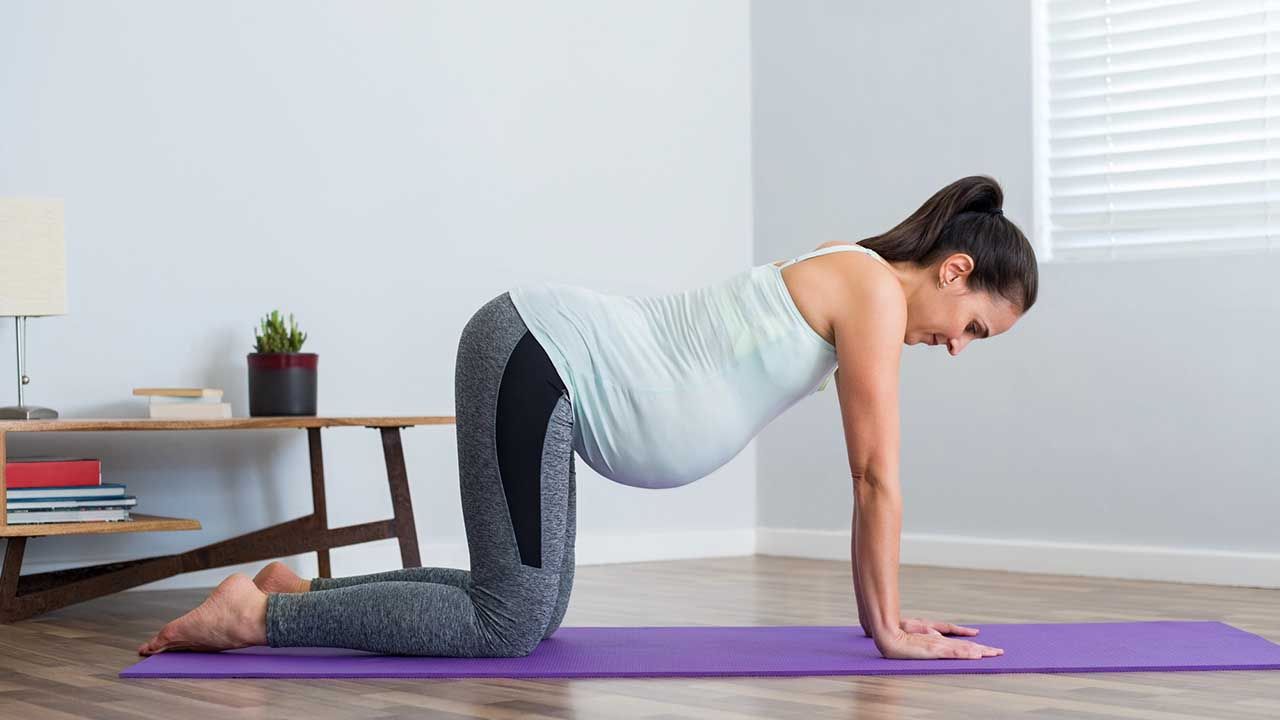How To Do A Digital Detox

If you’re feeling like screens have taken over your life, it’s a good sign that it’s time to do a digital detox.
Too much time on screens can play havoc with your health and wellbeing, so it’s well worth your while to review how you’re using screens and whether you need to change your habits around them.
Be intentional with your screen use
Check in with yourself periodically while you’re using devices – are you using it for a purpose? The vast majority of people when using screens outside of work or educational reasons use it for relaxation or to alleviate boredom. That’s not overly problematic in itself, but it can be an issue when we’re scrolling mindlessly for hours on end, or when it begins to affect our relationships, self care, stress levels, anxiety, sleep, health or ability to defer the time towards other tasks that would give us more joy or connection with the world around us.
Try to notice if you’re doing it for relaxation or boredom and give yourself a time limit – set an alarm so you are aware when time’s up. What other screen-free activities could you do that achieve the same purpose? Read a book or magazine? Do some gardening? Taking up an old hobby again? Starting a new one? When you find yourself reaching for your phone, opt for one of these instead.
How social media algorithms work
Ever notice how you spent a bit of time looking at a cute cat video and then suddenly your whole newsfeed is filled with cute kitties? There’s a reason for that. Social media apps like Facebook and Instagram observe our behavioural patterns and show us more of what they think we like. This happens through the way we interact on the app – spending minutes watching a video (shows you’re engaged rather than quickly scrolling past), giving a post a ‘like’, adding a comment, sharing or saving something…
If you’re finding that you’re newsfeed is feeling negative (it can be difficult scrolling past a heated discussion or people complaining!), or that you’re seeing too much of something that’s not helpful, there is usually an option to show less of that type of post or advertisement. Follow accounts and interact with posts that are uplifting and add to your life, rather than perpetuate negativity, and you’ll soon find that your newsfeed will feel lighter and brighter.
People come first
We can tune out the real world easily when our focus is directed to a screen right in front of us, but we’re missing out on face-to-face human connection that technology is slowly eroding from our lives. Even though we feel connected to the world around us digitally more than ever before, the face-to-face connection is where we get the most benefit for our wellbeing and happiness.
If you’ve got people around you – sitting in the same room, having a meal at the dining table, or you're out at a café or restaurant – try to spend more time interacting with them and fostering your connection with them by putting the devices down (and definitely don’t be DMing people when they’re right next to you!).
Set boundaries
You don't have to be available to everyone 24/7 and we don't need to watch an entire series in a back-to-back episodes marathon! Be strict with what times of day and for how long you spend answering emails, scrollling through your social newsfeed, watching movies or television programmes or chatting in messenger.
For the next step to this, consider turning off push notifications for the most attention grabbing apps so that you don't feel constantly interrupted during your day. You managed without them before, you can do it again. If people urgently need to contact you, they can call.
Switch off for bed time
The light emitted by screens as well as the content you’re reading can affect your circadian rhythm – your natural body clock that subconsciously makes you feel like it’s bed time, keeps you asleep at night and wakes you up in the morning. It’s good practice to switch off any screens at least 30 minutes before bed time or to at least put a blue light filter on your screen (though the latter doesn’t stop the energy input/brain receiving information which can translate to overactive thinking and difficulty falling asleep when your head hits the pillow).
Many devices now have a function now where you can set an alarm that either dims your screen at a specific time or removes colour making it black and white. This can be a good cue to remind you to turn it off or wrap up what you’re doing.
Screen devices can be incredibly useful in our lives, but we also need to be mindful of the way we use them so that they don’t affect our health, real life connections and happiness.
Image / Depositphotos.com









